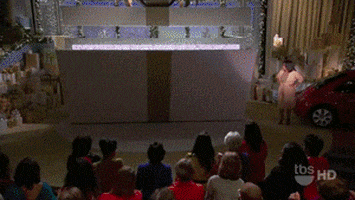LUKADIAN ASKED: Keetah I’m interested in bee keeping in my back yard! Do you think you could help a bro out with one of your cool bug guides? I’m mostly concerned with how much space I’d need to keep a healthy hive and the kinds of gardens that would be most beneficial to raise!
Awesome! Honey bees are one of the oldest agriculture species ever!
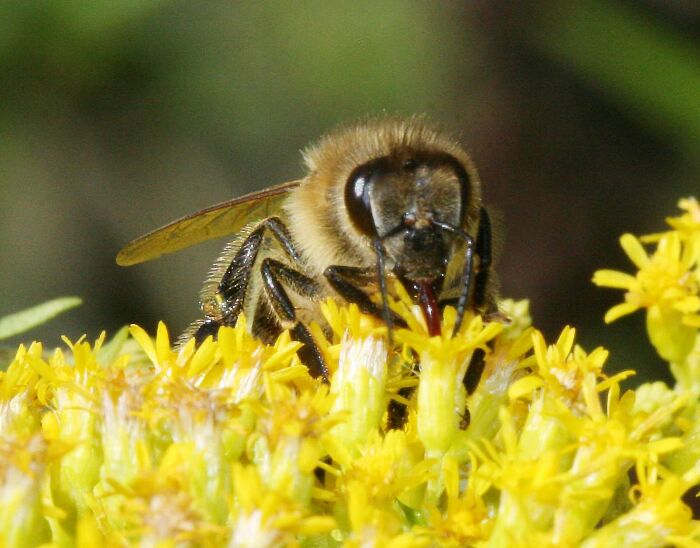
Firstly you can keep bees anywhere as long as you provide a space where they won’t be disturbed and sheltered from bad weather. Hell, they are starting a bunch of bee hives up in Detroit, using up vacant lots and planting flowers there. It’s fine to keep them right in your backyard!
There are five things you should do first before you decide to keep bees.
- Contact your city/town and see if it’s legal to have a backyard beehive.
- Ask around and see if family or anyone close has bee allergies, which can be deadly for them. If the neighbors aren’t cool with you having bees, you’re going to have trouble down the road.
- Are you willing to devote the time for bees? Bees are fairly independent, but they do suffer from disease and predators. You’ll need to brush up on ‘bee medicine’, and learn which symptoms and parasites to look for.
- Are you okay with being stung a shitload of times? Even with protective gear, you are still going to get stung. It’s just the facts.
- Can you devote the time to keeping a multi seasonal garden and helping the bees winter over?
If you are cool with all of them, then you can start looking at bee keeping supplies.You are going to need a LOT of money for start up. You can check out Kelley beekeeping and Brushy Mountain Bee Farm for a rough guide to what you need and how much to save. They also have some information on beekeeping and how to use the supplies they sell!
How do you learn how to keep bees?
- Look to see if there are any classes in the area. Some bee farms provide limited seated classes to give people a basic introduction to bee keeping.
- Ask a local bee farm if you can apprentice there. They may take you in, especially if you have the drive and education. You’ll probably start off bottling honey and cleaning before you are skilled enough to mess with the bees.
- Read!!! A book I highly recommend and actually own is The Bee Keeper’s Bible. It’s a WONDERFUL book that covers just about anything you need!
- Youtube! There are a LOT of bee keepers on youtube who are more than happy to answer questions and share their passion. A good two playlists to start are Honey Bees and Beekeeping and Save the Bees! Beekeeping 101. Searching ‘Bee Keeping’ on youtube brings a wealth of information, and it helps to actually SEE what they are doing.
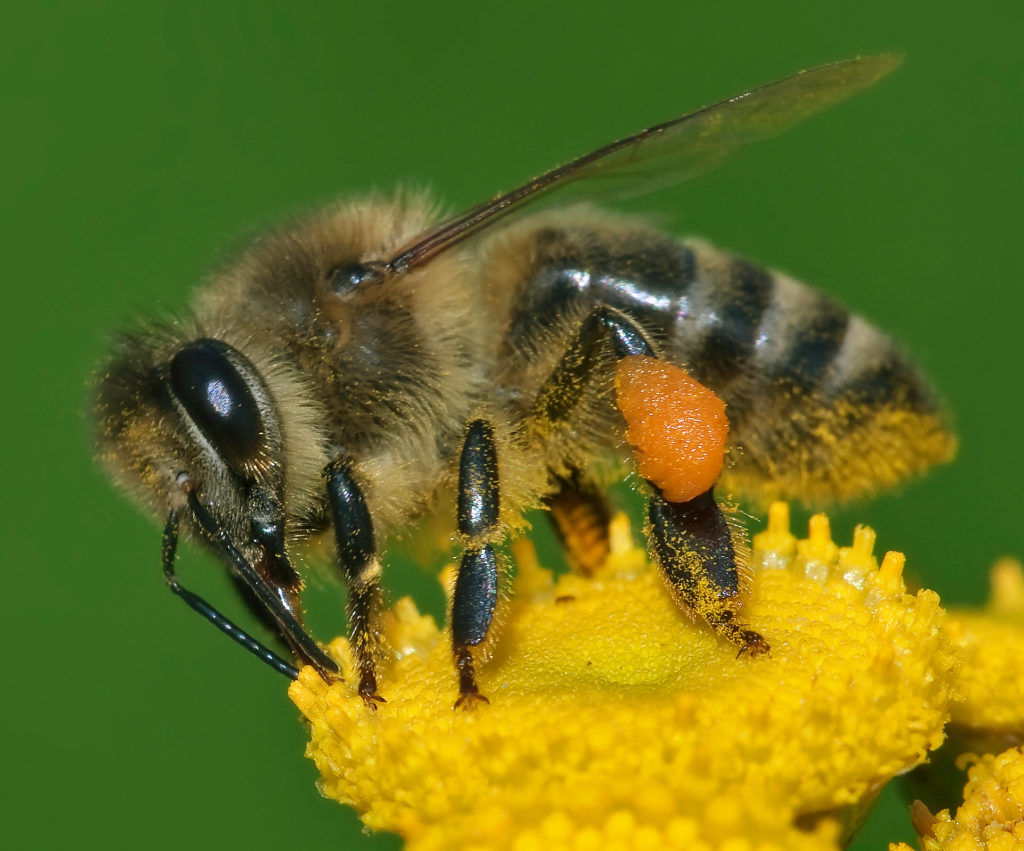
Bees of course, rely on pollen and nectar to survive! Check to see if there are any local meadows and fields with wildflowers in them. Or, even flower shop! My local flower and garden shop always have honey bees flying around in there, and it’s a mark of pride for them. The bees never bother the customers and are a welcome sight. You can help them by planting a garden in your backyard! The trick is to plant a garden that will continually flowers for spring, summer, and fall, so they can store up enough honey to last through the winter.
You will also need to provide a source of water. To make a bee bath, fill a dish with pebbles, and add enough water to reach halfway up the pebbles. The bees will stand on the dry tops of pebbles, and can drink without falling in and drowning. Provide water all year!
Here’s some species to help with your garden: (Please note that some plant species may be invasive or illegal in your area. When in doubt, find out what native wildflowers grow in your region and plant those. Also, some plants may be poisonous when consumed, do your research. Along with flowers, feel free to plant vegetables and fruit trees to cover the different seasons. Check your zone to see what flower species are able to grow in your area.)
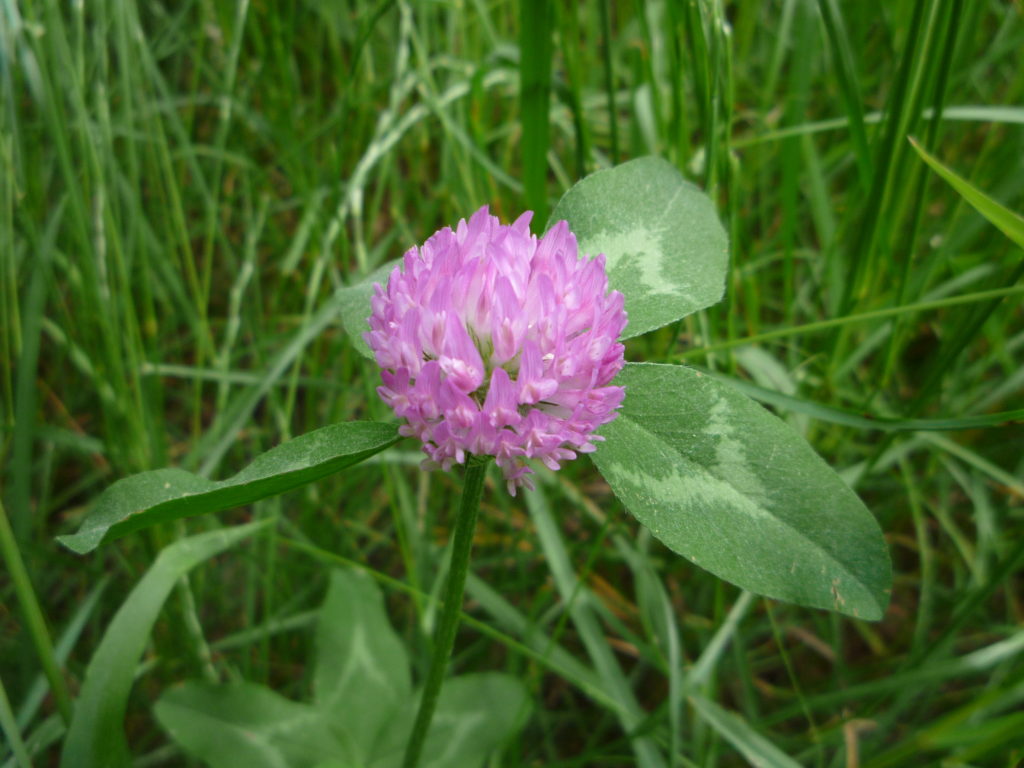
Spring to early summer
- Purple Coneflowers
- Yarrow
- Crocus
- Snapdragons
- Shrub verbenas/Latana (these grow all year)
- Clover
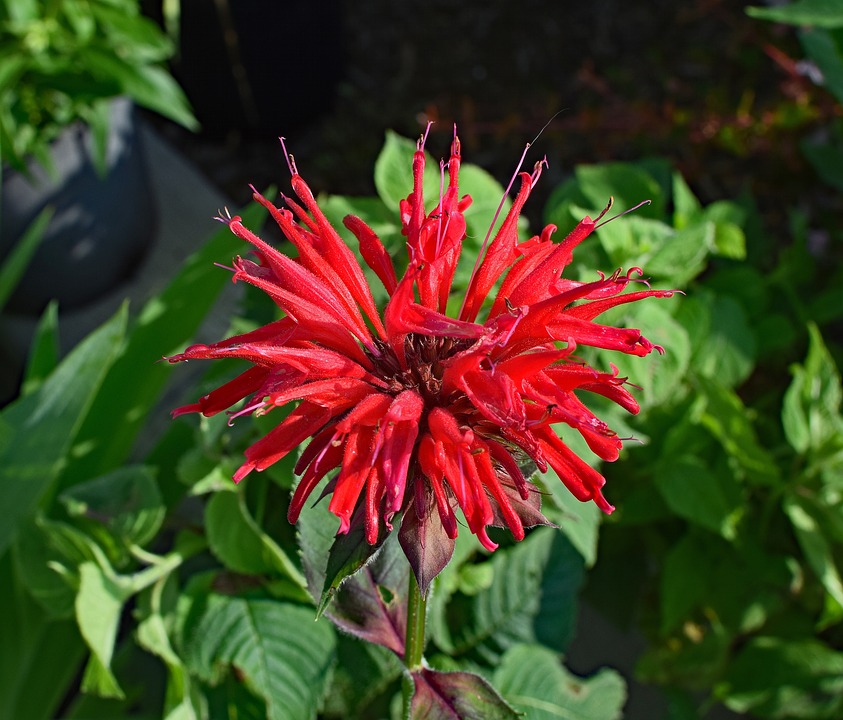
Summer
- Sunflowers
- Hyssop
- Horsemint
- Black eyed susans
- Bee balm
- Lavender
- Butterfly bush
- Any kind of daisy ever

Late summer to fall
- Asters
- Goldenrods
- Marigolds
- Snapdragons
- Echinops
Bees also LOVE herbs like mint, thyme, rosemary, and chives. Plant a few along your garden for some fresh tasty herbs for you and your bees!
Don’t harvest the honey for the first year, as the bees will need that honey to build up the hive and feed all the young. The year after will produce a surplus of honey that you can safely take.
So yes! GO FORTH, AND SPREAD THE BEE LOVE!
